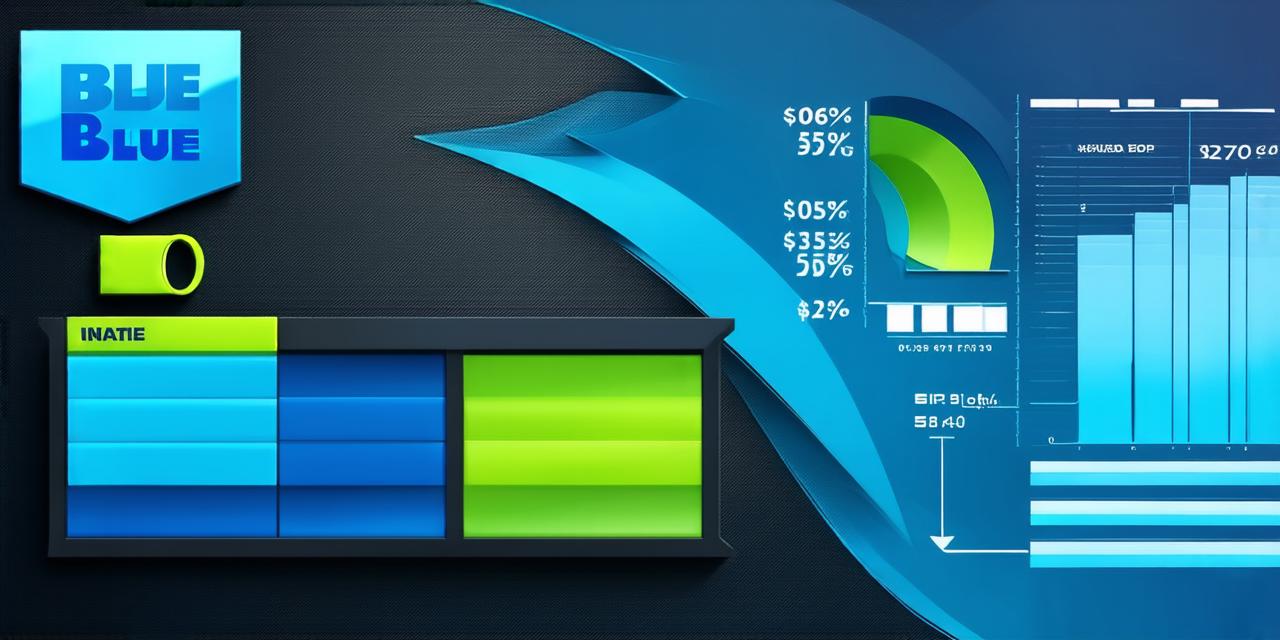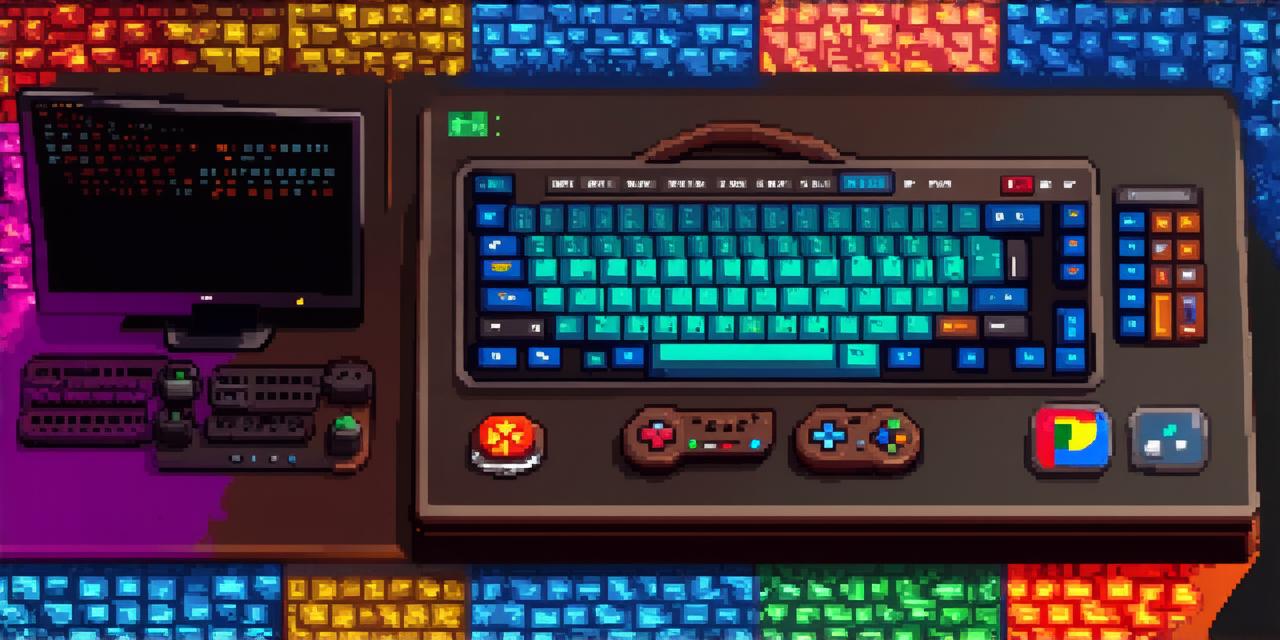Game development is an incredibly complex and creative process that requires a wide range of tools and technologies to bring a game to life. From conceptualization and design to programming and testing, game developers need to have access to the right tools to create engaging, immersive experiences for players.
1. Game Engines
Game engines are the backbone of modern game development, providing a set of tools and libraries that make it easier to build and publish games across multiple platforms. Some of the most popular game engines include Unity, Unreal Engine, and CryEngine. These engines provide everything from 3D modeling and animation to AI and physics simulation, allowing developers to focus on creating unique and engaging gameplay experiences without having to worry about the underlying technical details.
2. Scripting Languages
Scripting languages are used to write the code that drives game logic and behavior. Some of the most popular scripting languages for game development include C++, Java, C, and Python. Each language has its own strengths and weaknesses, and the choice of which one to use will depend on factors such as performance, flexibility, and ease of use.
3. 3D Modeling Software
3D modeling software is used to create the visual assets that make up a game, such as characters, environments, and objects. Some of the most popular 3D modeling tools include Blender, Maya, and 3ds Max. These tools provide a wide range of features and capabilities, from simple sculpting and texturing to advanced animation and simulation.
4. Game Development Frameworks
Game development frameworks are pre-built sets of code and tools that can be used to create games more quickly and efficiently. Some popular game development frameworks include Construct 3, Stencyl, and GDScript. These frameworks provide a visual interface for creating game logic, simplifying the process of building complex gameplay mechanics.
5. Version Control Systems
Version control systems are used to manage changes to code and assets during the game development process. Some popular version control systems include Git and SVN. These tools allow developers to collaborate more easily, track changes to code and assets over time, and revert to previous versions if necessary.
6. Debugging Tools
Debugging tools are essential for identifying and fixing problems in game code. Some of the most popular debugging tools include Visual Studio Debugger, Xcode Debugger, and Eclipse Debugger. These tools provide detailed information about the state of the game, including variables, memory usage, and performance metrics.
7. Game Analytics Tools
Game analytics tools are used to track player behavior and understand how players interact with a game. Some popular game analytics tools include Google Analytics, Mixpanel, and Kissmetrics. These tools provide valuable insights into player engagement, retention, and monetization, helping developers make data-driven decisions about game design and marketing.

8. Cloud Services
Cloud services are used to host game servers, store game assets, and enable multiplayer functionality. Some popular cloud services include Amazon Web Services (AWS), Microsoft Azure, and Google Cloud Platform. These services provide scalable and reliable infrastructure for game developers, allowing them to build games that can handle large numbers of players and high levels of traffic.
9. Virtual Reality Tools
<p




